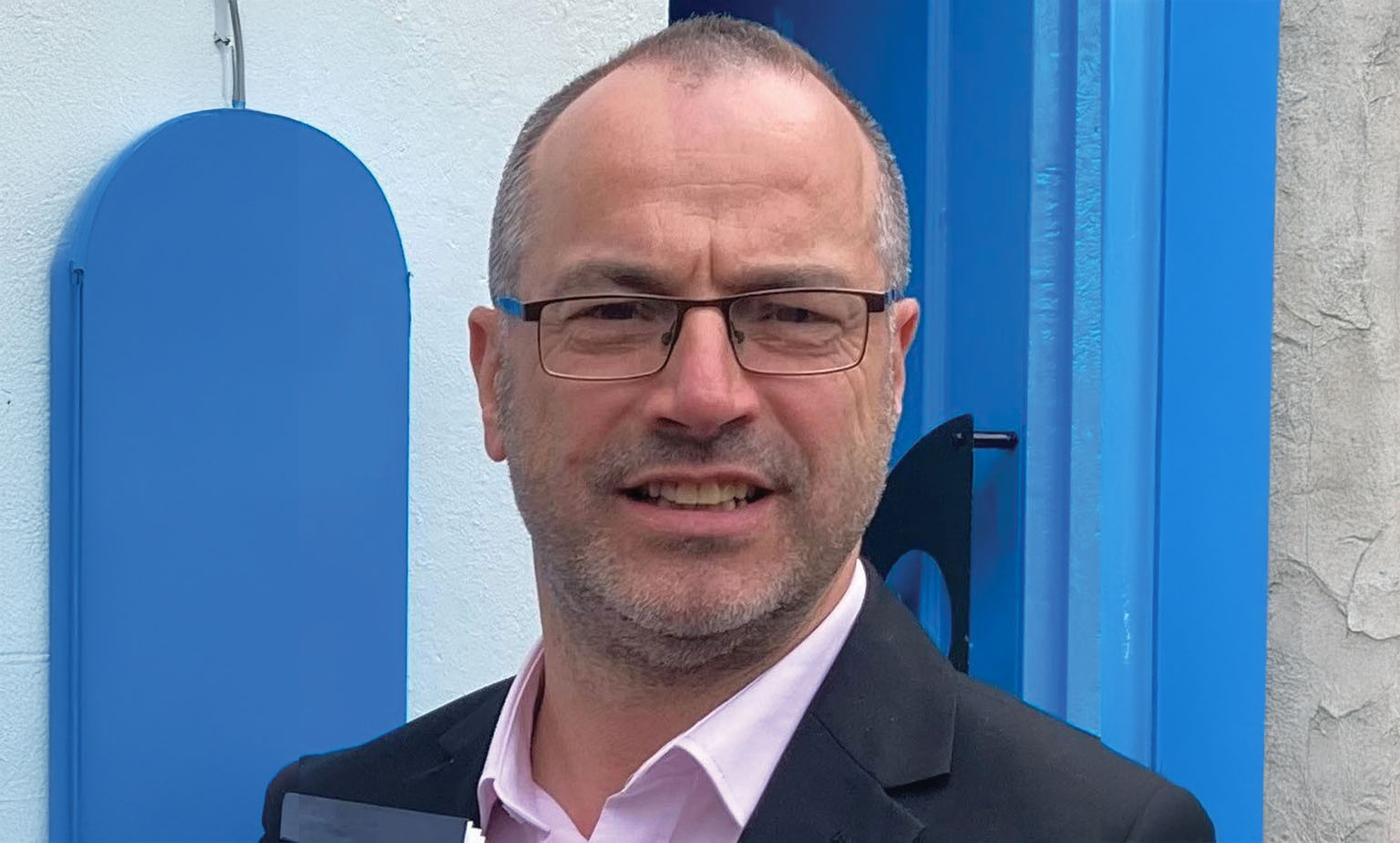Press freedom under threat in Northern Ireland

Questions need to be answered around police misuse of secret surveillance powers and the practices need to be brought to an end, writes Amnesty International UK’s Patrick Corrigan.

When the police launched dawn raids on the homes and offices of award-winning journalists Trevor Birney and Barry McCaffrey in 2018, little did they suspect how spectacularly their arrest operation would backfire.
The arrest of the two journalists – and the seizure of their phones, computers and files – came after their film No Stone Unturned investigated state collusion in the 1994 UVF murder of six men in The Heights Bar in the sleepy County Down village of Loughinisland.
Birney and McCaffrey challenged the legality of the search warrants, leading to vindication in Belfast High Court when the then Lord Chief Justice, Declan Morgan, quashed the warrants and rebuked the police in withering fashion – resulting in a significant payout and public apology from the Chief Constable to the journalists.
But the fallout from the police’s attack on press freedom has not stopped yet, with a judgment due before Christmas 2024 from the Investigatory Powers Tribunal into alleged PSNI misuse of covert surveillance powers.
On foot of a complaint made by the two journalists in 2018, evidence has emerged that has exposed how the police have not just been accessing the telecommunications data of journalists, but also of lawyers, and even authorised a spying operation against a staff member from the Police Ombudsman’s office, the very body responsible for investigating PSNI wrongdoing.
The tribunal has discovered the police attempted to access McCaffrey’s phone on at least five occasions over the course of 10 years to secretly identify his sources while he was investigating potential police corruption. The PSNI has already accepted that it broke the law when it spied on McCaffrey in 2013.
A further investigatory powers tribunal case, this time involving the alleged targeting of former BBC journalist, now RTÉ northern editor, Vincent Kearney is now pending.
The PSNI has admitted that in the period between 2011 and 2024, they authorised the use of four informants or undercover officers “in respect of journalists or lawyers”. Details of these cases remain unclear.
Meanwhile, we have also discovered that the PSNI made more than 320 applications to access the communications’ data of journalists over the past 13 years and 500 applications for data relating to lawyers. An explanation for all these surveillance applications has not yet been disclosed, though the PSNI has said that at least some of them relate to the targets being the victims of crime.
None of this information would be publicly known if it had not been for McCaffrey and Birney making their original complaint, nor indeed if they had not been arrested in the first place back in 2018.
All of this – the use of covert surveillance by police against journalists, lawyers, ombudsman staff – should be deeply disturbing to us all. Particularly in a society like Northern Ireland when we so often rely on the efforts of journalists, lawyers, and oversight bodies to reveal official wrongdoing.
Public concern at the revelations has already forced PSNI Chief Constable Jon Boutcher into establishing an independent review, headed by London-based KC Angus McCullough, of their covert surveillance practices. Boutcher must hope this waylays the increasing clamour for a public inquiry. Full disclosure: I am a member of McCullough’s advisory group.
Information now in the public domain makes clear that the PSNI rode roughshod over human rights protections which are supposed to safeguard journalists.
Instead of respecting the important role of the media in a free and democratic society, the police have too often treated reporters as criminal suspects.
We now need answers to wider questions about the full extent of police use and misuse of secret surveillance powers against journalists, lawyers, and others in Northern Ireland.
And, crucially, we must see an end to these practices once and for all.
Patrick Corrigan is Head of Nations and Regions at Amnesty International UK





